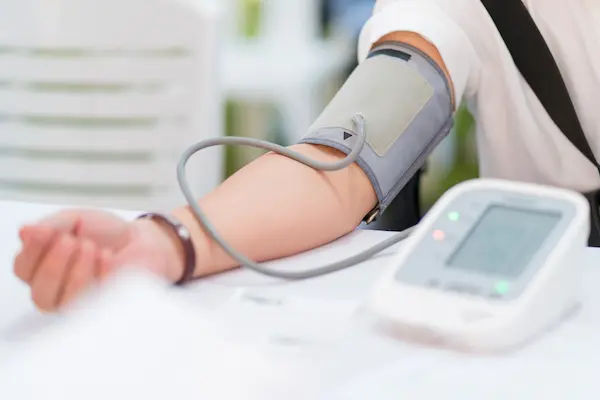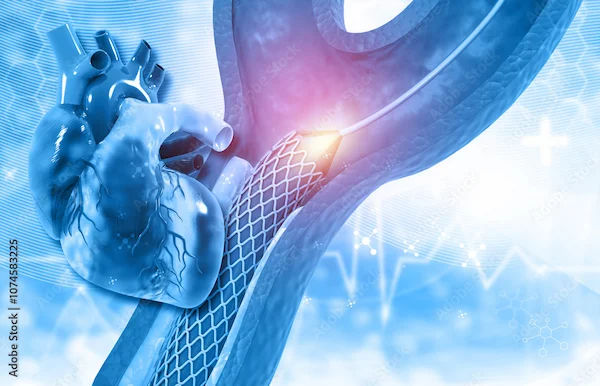- Male
- 22 Years
- 07/02/2025
I've been having some concerns about my recent health check-up. My heart rate is around 55, and after a second ECG, it dropped to 52. The doctor had me do some additional tests, and my sodium is at 137, and potassium is 5.8. I'm not experiencing any shortness of breath or fatigue while going about my daily activities, but I do feel a bit light-headed and dizzy. How serious is this situation? Also, what should I do in terms of medication or diet to lower my potassium levels? Does adding salt and lemon to water affect my potassium levels at all? I'd appreciate any guidance you can provide.
Answered by 1 Apollo Doctors
The decrease in heart rate from 55 to 52 beats per minute on ECG may not be a significant concern on its own, but the high potassium level of 5.8 mmolL (normal range is typically 3.5-5.0 mmolL) could be a cause for your light-headedness and dizziness. High potassium levels can affect the heart's rhythm and lead to symptoms like weakness, fatigue, and palpitations. To lower your potassium levels, you can make dietary changes such as avoiding high-potassium foods like bananas, oranges, potatoes, and tomatoes. Additionally, you should limit salt intake as high sodium levels can affect potassium levels. Drinking salt water with lemon may not significantly affect your potassium levels, but it's best to avoid it for now. Your doctor may prescribe you with a medication called Sodium Polystyrene Sulfonate to help lower your potassium levels. The typical dosage is 15-60 grams daily, but your doctor will determine the appropriate dose for you based on your potassium levels. It's important to follow up with your doctor for further evaluation and management of your potassium levels. Make sure to follow a low-potassium diet and take the prescribed medication as directed to help normalize your potassium levels and alleviate your symptoms.
Dr. Shubham Suggests...
Consult a Cardiologist
Answered 04/07/2025
0
0

More Cardiology Health Queries
View allI'm looking at my 2D echo report and trying to understand a couple of things. It mentions there's no regional wall motion abnormality and that my LV systolic function is good with a normal filling pattern. I'm relieved that there's no MR, AR, or precardial effusion, and no clots were found, but it says there's trivial TR and mild PAH. Could you help me understand what mild PAH means? From what you see in my report, how should I feel about these results overall?
That not a matter of concern just consume healthy diet and maintain regular physical activity follow your doctors advice
Answered by 1 Apollo Doctors
What causes hypertension headaches?
High blood pressure can cause you to have a headache, and this kind of headache signals an emergency. This occurs when your blood pressure becomes dangerously high. A hypertension headache will usually occur on both sides of your head and is typically worse with any activity.
Answered by 1 Apollo Doctors
I'm a bit concerned as my recent blood test showed a triglyceride level of 143. I'm wondering if that's considered high and if I should be worried about it. Do you think I need to take medicine for this, or are there lifestyle changes that could help lower my levels?
Triglyceride level of 143 is within the normal range. To help reduce triglyceride levels, you can make lifestyle changes such as following a healthy diet low in saturated fats and sugars, exercising regularly, maintaining a healthy weight, and avoiding excessive alcohol consumption. You can also consider adding Omega-3 fatty acids supplements to your diet. No medication is required at this level.
Answered by 1 Apollo Doctors
Disclaimer: Answers on Apollo 247 are not intended to replace your doctor advice. Always seek help of a professional doctor in case of an medical emergency or ailment.





